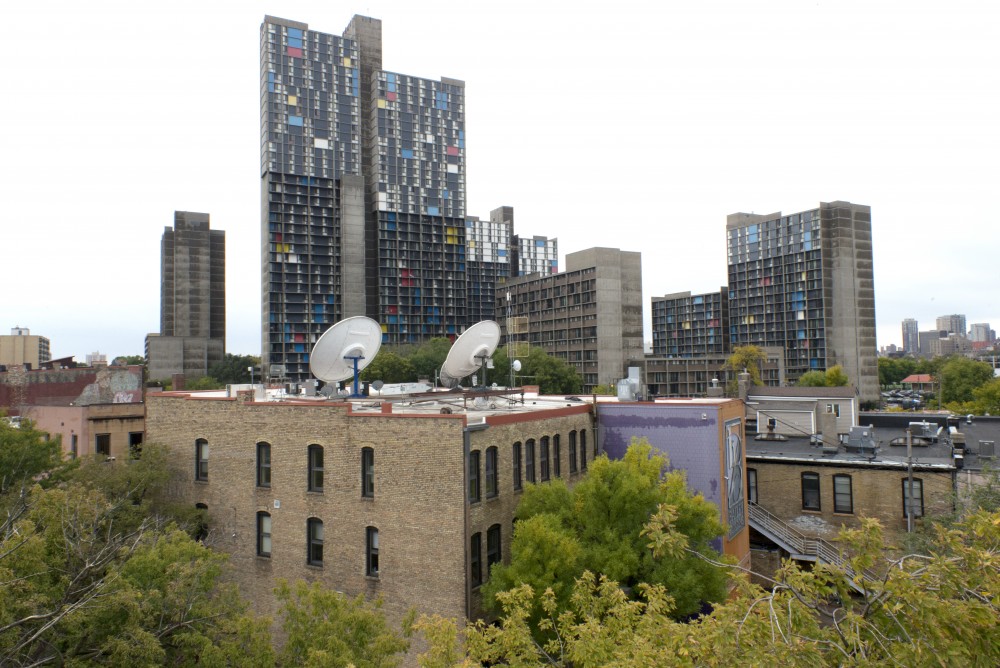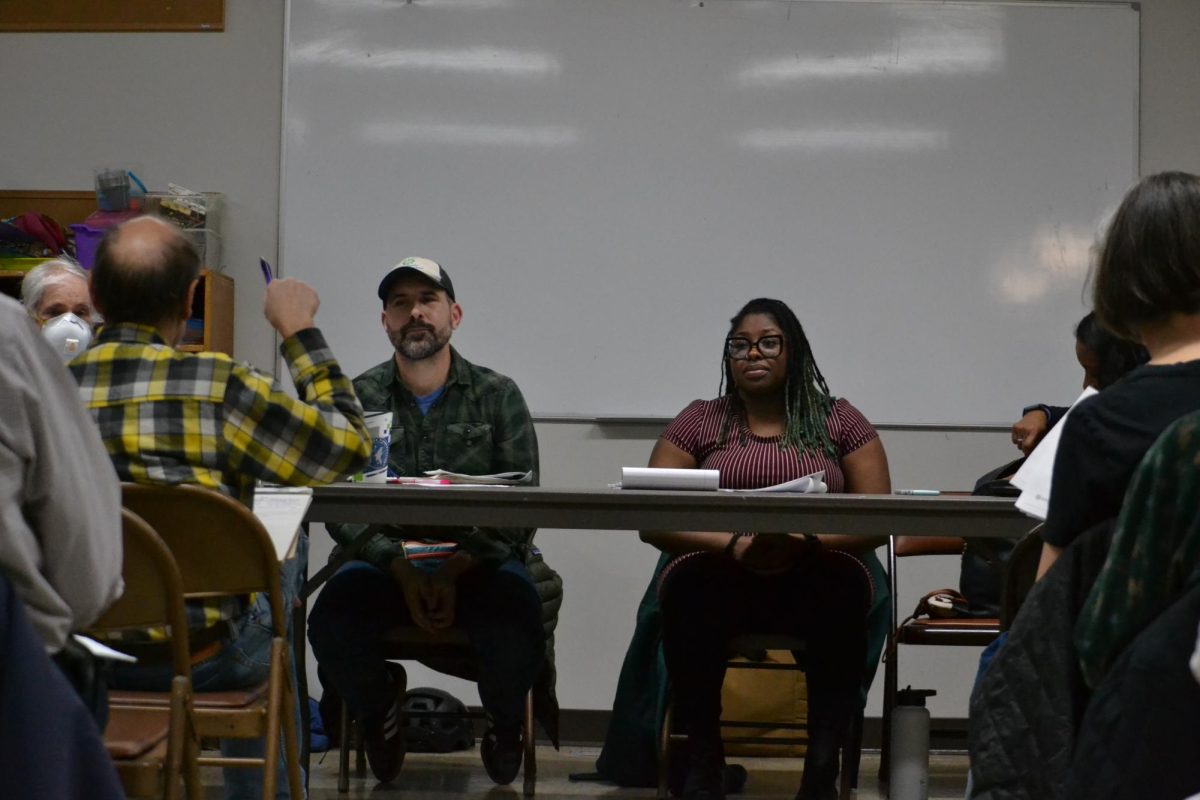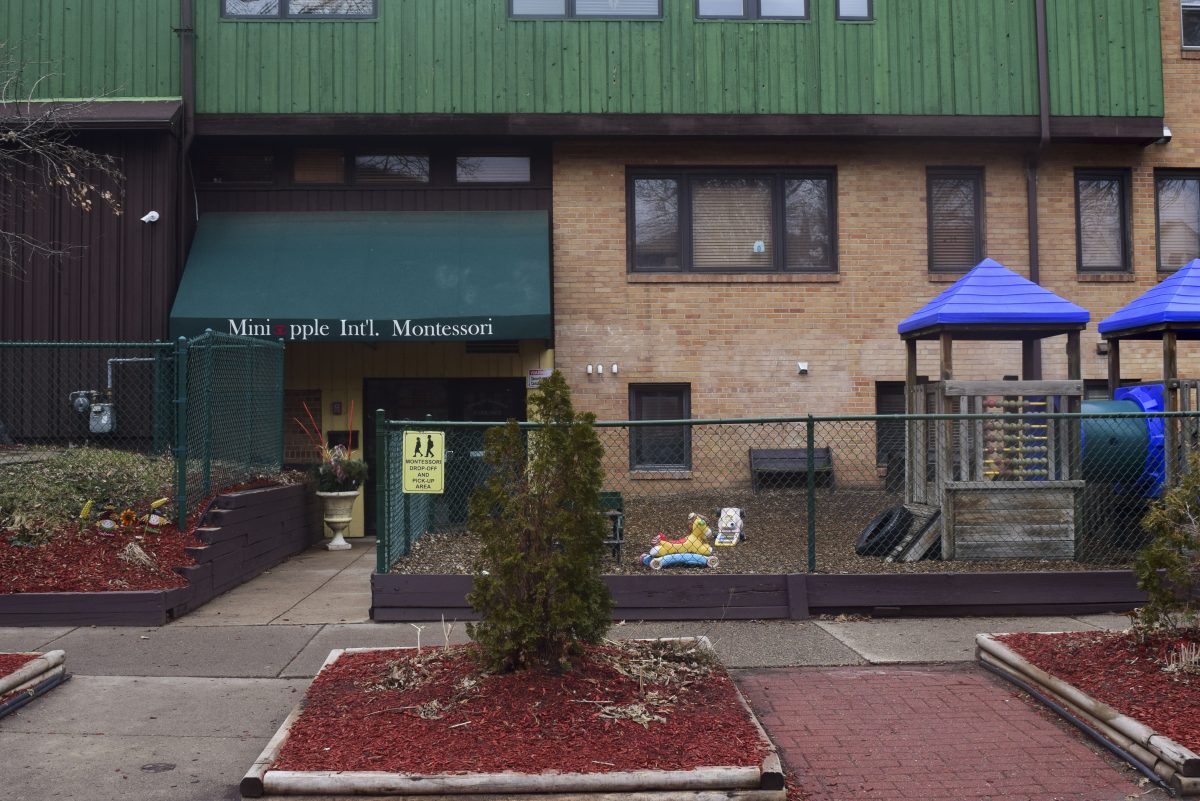A recent shooting at two mosques in Christchurch, New Zealand sparked fear among Muslims in Cedar-Riverside and on campus, but community members said they have seen community support in the aftermath.
The day after 50 people were killed in the shooting on March 15, members of the Muslim Students Association at the University of Minnesota gathered for their weekly prayers at Grace University Lutheran Church. MSA student affairs coordinator Samia Abdi said she saw an outpouring of support and solidarity from Muslims and non-Muslims at the service.
“We know the church community out there, they came out to support and they’re just standing by the doors and making sure we were OK,” Abdi said. “There were more students who came because I feel like after this incident, in a sense, it made us stronger as a community because we all came out to pray together.”
Local fears of Islamophobia
While safety has been a prevalent issue in the Cedar-Riverside community, the recent shootings spurred further concerns about the security of local mosques.
Ward 6 Minneapolis City Council member Abdi Warsame said mosques are especially vulnerable during Friday prayers, the mosques’ main weekly service, because of the high volume of worshippers.
“It’s our worst fear. Unarmed civilians, women, children just praying, congregating. [They are] an easy target,” Warsame said. “We’ve been waiting for an incident to happen. There’s a great deal of fear.”
Warsame said he contacted Minneapolis Police Department Chief Medaria Arradondo shortly after the New Zealand shooting, asking him to provide additional security around mosques in his ward. MPD declined to provide specifics about police response, although a press release stated they have allocated resources to ensure the safety of mosques.
Suggestions to add security guards to mosques and encourage self-defense training for Muslims in the area were circulated on social media and within the community shortly after the shooting, but Warsame said these methods are not effective solutions.
“People are talking about, ‘Let’s have security guards at the mosques, let’s arm ourselves.’ I don’t think that’s the solution either, so it is tough,” Warsame said.
Security measures are one way to improve safety, said Luther College Associate Professor of Religion Todd Green, who will speak at a panel on Islamophobia at Metropolitan State University Thursday.
The Council on American-Islamic Relations (CAIR), one of the organizations hosting the conference, has encouraged increasing security in Muslim communities by holding safety trainings for local mosque staff. CAIR also advises mosques to install security cameras and monitor discriminatory social media interactions, said Jaylani Hussein, executive director of CAIR’s Minnesota chapter.
Beyond security, Green said work to help Muslims feel welcome in the community can help alleviate fears of Islamophobia. People are also less likely to feel prejudice toward a group if they have a personal relationship with someone from that community, he said.
A rise in Islamophobia
The shootings occurred as incidents of intimidation and Islamophobia are on the rise worldwide, Green said.
The terrorist attacks on Sept. 11, 2001 were a national turning point in the rise of Islamophobia. Concerns about mosque safety have been especially prevalent in Minneapolis since the 2017 bombing of the Dar Al-Farooq Islamic Center in Bloomington, Minnesota, Warsame said.
In recent years, Muslims attending services at Cedar-Riverside’s three mosques have experienced instances of intimidation and religious challenges, Warsame said.
“By almost every metric, Islamophobia in the United States has been getting worse, not better, since 9/11,” Green said. “We are at a crisis point, in my opinion, when it comes to Islamophobia in America.”
As a freshman, Samia Abdi said she was driving near campus when a group of men saw her and yelled “Allahu Akbar.”
Although the recent uptick in violent Islamophobic acts may make Muslim discrimination seem like a new phenomenon, that is not the case, said Aisha Ghani, assistant anthropology and religious studies professor at the University.
“There have been waves of immigration that brought different kinds of Muslims from different places here, but the history of Muslims in America is a long one and so the history of Islamophobia is a long one,” Ghani said.
Muslim immigration in Minneapolis includes many East Africans living in Cedar-Riverside. Because of the Somali community’s visibility on and around campus, Ghani said she often sees students making assumptions about their Somali or Muslim peers before getting to know them.
Ghani, who also practices Islam, said she encounters stereotyping on a daily basis.
“The everyday-ness of [Islamophobia] doesn’t get noticed until you have something that is at the scale of the attack that took place there in which people were killed,” she said.
Hussein said increasing incidents of Islamophobia make the New Zealand shooting less shocking.
“While we are shocked in the sense that it’s a horrific attack, we’re not surprised that it actually happened because these types of attacks have been at a high level,” Hussein said.
A community comes together
In response to the shooting, the University’s Muslim Students Association also sponsored a community prayer on March 17. Speakers read from the Quran and recited the names of the 50 victims of the shooting.
“We felt like our community needed a space to heal,” said Abdi.
In the face of recent divisive rhetoric, Abdi said Muslims should not be afraid to express their faith.
“Just don’t be afraid to be Muslim, don’t be afraid to be yourself,” Abdi said.
















![Gwyn, Macy, Daniel, and Nora [pictured left to right] brave the sub-zero windchill on an icy afternoon to skate together in Van Cleve park. The park, located just north of Dinkytown in Como, becomes a popular winter activity hub for students and nearby residents each year when the park’s fields are frozen to create a public ice skating rink.](https://mndaily.com/wp-content/uploads/2024/01/FzDx2ZjdXLtO33r1j1atrf7jrtQtocs9vnp8k2AT-2-1200x801.jpeg)






